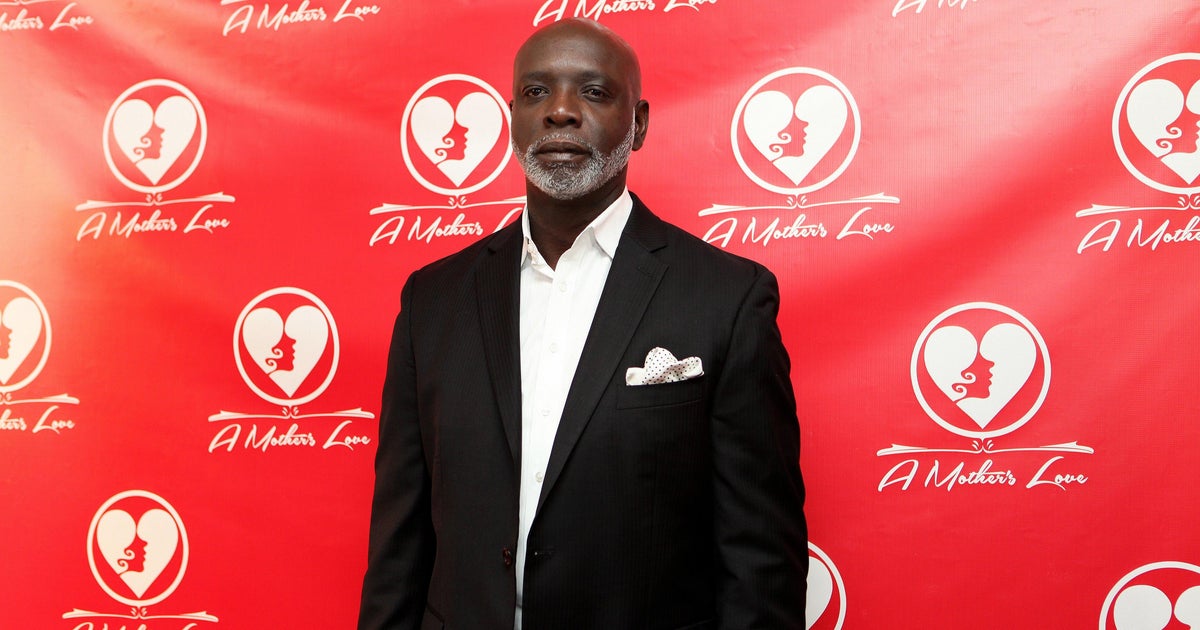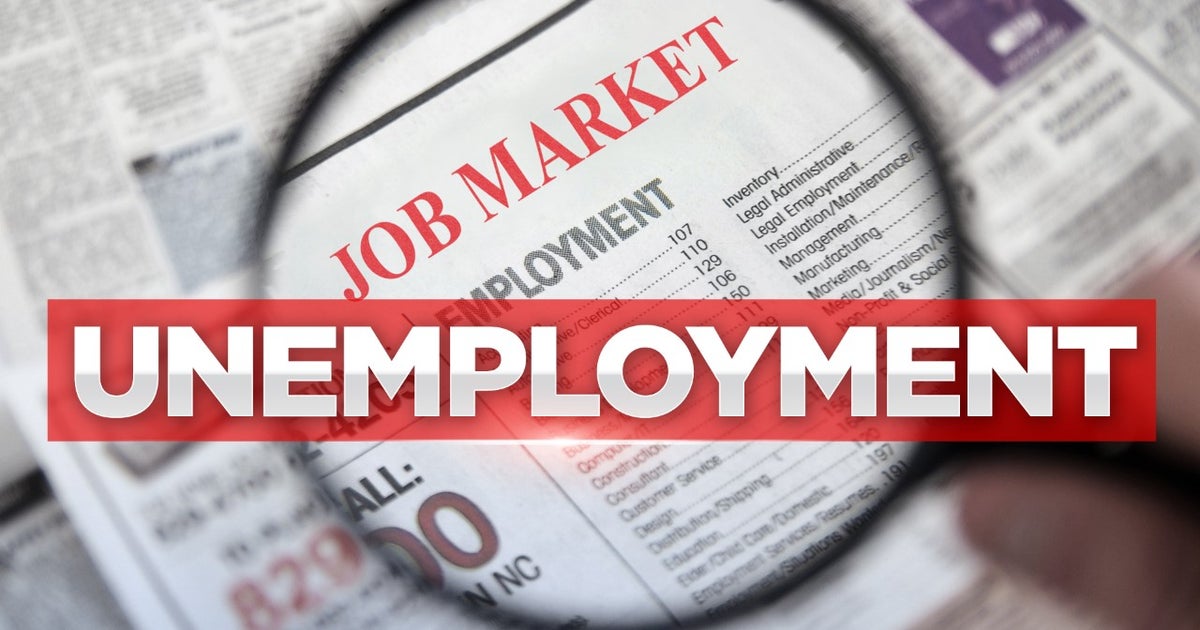Florida May Allow Expansion Of Private School Vouchers
TALLAHASSEE (CBSMiami/AP) — If an expansion of a Florida program that helps low-income children attend private schools, many of them religious, gets a thumbs up, it could mean some restrictions on eligibility could be removed.
The bill moved ahead Thursday in the state Legislature.
A House panel voted to advance the legislation, but not before triggering a partisan debate on public vs. private education and standardized testing.
The bill would expand the nearly $300 million school voucher program in several ways, including removing some eligibility restrictions, increasing the money available and offering partial scholarships to families who earn more than $60,000 a year. U.S. Census data estimates that the 2012 median household income in the state was just more than $47,000.
The vote in the House Finance and Tax Subcommittee split along party lines.
Republicans said they wanted to give more families a chance to choose where they want to send their children to school.
"At the end of the day, this is about these kids," said Rep. Manny Diaz, R-Hialeah, one of the main backers of the bill. "It's about educating the children. It's not about the adults."
Democrats, however, questioned the scope of the expansion and whether it would come at the expense of public schools.
"It's too much, too fast," said Rep. David Richardson, D-Miami Beach. "It's a huge increase."
Diaz countered that the bill does help public education because "these kids are the public."
Nearly 60,000 students from low-income families attend private schools as a result of the program, which hands out state tax credits to businesses that pay for the vouchers. State data shows that more than 80 percent of the schools participating are religious. Supporters estimate that as many 25,000 additional students are trying to get into the program.
The measure has already won the support of House Speaker Will Weatherford and Senate President Don Gaetz as well as Gov. Rick Scott.
Parents, students and teachers enrolled in the program packed the room where the bill was under consideration. They praised the existing program as a lifeline for families seeking an alternative to public schools, either to escape crowded schools or to be able to attend a school that emphasizes religious values.
"These faith-based programs are bringing an angle that the public schools cannot," said Alfred Johnson, a pastor from Pasco County. "It's amazing that we feel our society is going to advance when we don't even recognize the creator."
Although Republicans are firmly behind the bill, a divide exists on whether schools that accept vouchers should meet some requirements imposed on public schools.
Two days ago, Gaetz said he was in favor of the expansion only if the legislation also included a requirement that students who receive vouchers take the same standardized tests as students in public schools. Students at the private schools take standardized tests, but they do not take the Florida Comprehensive Assessment Test.
There is no testing requirement, however, in the House bill now moving.
Rep. Ritch Workman, R-Melbourne, said it would not be fair to "impose" the FCAT on the private schools because they have students who are not receiving vouchers.
John Kirtley, chairman of Step Up for Students, the main organization handing out vouchers in the state, would not say whether a testing requirement would prompt his organization to drop its support of the bill.
But he predicted that many private schools would eventually adopt similar standardized tests in order to give parents information on how the schools compare with other schools.
(TM and © Copyright 2014 CBS Radio Inc. and its relevant subsidiaries. CBS RADIO and EYE Logo TM and Copyright 2014 CBS Broadcasting Inc. Used under license. All Rights Reserved. This material may not be published, broadcast, rewritten, or redistributed. The Associated Press contributed to this report.)



